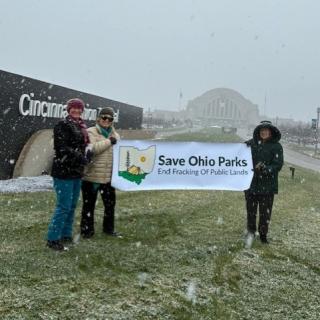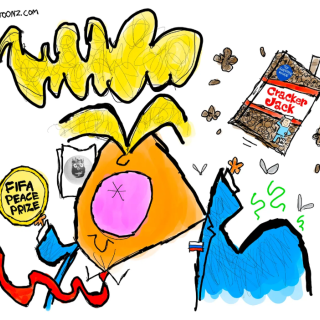Advertisement
The legacy of President Lyndon B. Johnson has been and forever shall be overshadowed by the war in Vietnam. But LBJ’s administration was about more than what he referred to as “that bitch of a war.” In the space of a little more than two years, Johnson’s administration developed the most ambitious and far reaching social policies since Franklin D. Roosevelt’s New Deal. The Great Society—the phrase was thought up by his speech writer, the late Richard Goodwin, who had worked for JFK—enlarged and strengthened the miniscule American social safety net and provided, among other things, medical care for the old and the poor; food support; money for public schools; a domestic Peace Corps (VISTA); and community action programs. He also moved JFK’s stalled civil rights legislation through Congress, signing the Civil Rights Act in the summer of 1964; after a year and the four murders of voting rights activists, he signed the Voting Rights Act. He knew full well the political costs of both measures, but he supported them anyway. Johnson accomplished this from scratch and purposefully with a staff that was every bit as good as the vaunted Best and Brightest who worked for John F. Kennedy.
Johnson knew he had a limited amount of time to push his agenda through Congress. Elected by a large margin in his own right in 1964, he knew the midterm elections, during which the party in power generally loses at least some seats, were in two years, and the end of his first term was in four. He never assumed that an additional term was guaranteed. He was definitely a man in a hurry.
Building the Great Societyis the first book to focus solely on LBJ’s staff. He retained some of the people who worked for JFK and mixed them with his stable of Texans. We meet, among others, a young Bill Moyers, he of the choir boy face and elbows as sharp as Edward Scissorhands; R. Sargent Shriver, the socially conscious brother-in-law of JFK; Jack Valenti, a long-term Texas supporter who landed in Washington almost by accident; the brilliant Joe Califano, another former Kennedy staffer, and Harry McPherson, who had been a member of LBJ’s Senate staff. He also harnessed the power of the nation’s public intellectuals, borrowing liberally from minds that were trained at Harvard and other elite educational institutions that he privately sneered at.
LBJ drove himself and his staff hard. He generally worked two shifts a day, stopping midday for lunch and a nap. Woe unto the staff member who thought he had a weekend off. Johnson phoned his team all hours of the day and night. His staff was not so much overworked, as sucked dry by the punishing pace. Yet unlike Kennedy, he treated them like extended family, inviting them upstairs to the private residence, taking them to his ranch in Texas and scaring the dickens out of them with his manic driving, paying medical bills, commenting on their hair, clothes, and weight.
The civil rights president also had the prejudices of his time and upbringing. He casually dropped the n-word and told racist jokes. He was sexist and often spoke to or about women staffers in a manner that in 2019 would get him pilloried. There are the obligatory examples of LBJ’s crudeness; one such incident involved a large boil on his buttocks that he showed to Harry McPherson. His staff, whether highly or lowly placed, were perfectly aware of his faults, but many loved him anyway.
On paper the Great Society looked—well, great. It was ambitious, far reaching, and liberal. Yet it was undone by several things. First, like millions of Americans had post-World War II, the administration assumed that the economy would always be stable, grow steadily, and inflation would be low or negligible. Second, although LBJ knew the cost of wiping out—at least on paper—segregation, discrimination, and ensuring voting rights, he and his staff underestimated the stunning swiftness of the white backlash. Third, as the sixties waned, there was a significant part of America that thought the country was headed in the wrong direction; blacks were pushing to fast, there were too many rights, too many liberties, and too much anti-authoritarianism. Finally, Johnson seemed incapable of ending the Vietnam war, and its social, political, and financial costs squeezed out the Great Society.
Building the Great Societyis a terrific book, and Zeitz does a very fine job of telling the administration’s story. It’s meaty, carefully researched, and well edited. Conservatives and Republicans have made anti-government feeling part of its platform; they saw and see nothing but the Great Society’s shortcomings. But the fact is that its ideals—wiping out poverty, ensuring equality, and giving citizens opportunities to lift themselves—are still deeply embedded in the American psyche.
And what of Lyndon Johnson? The late Texas governor, John Connally, described him as “generous and greedy, sensitive and insensitive [sic], crafty and naïve, ruthless and thoughtful, simple in many ways and yet extremely complex, caring and totally not caring . . . “ But for several years, LBJ and his administration made Americans think they could live in a society that “rests on abundance and liberty for all . . .it [sic] demands an end to poverty and racial injustice.”
That, dear readers, was the real Camelot.



